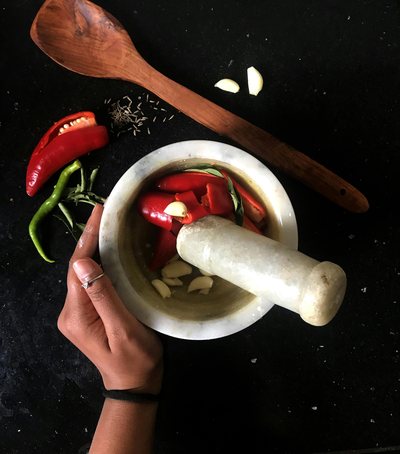
After this good news, you will surely continue to drink a few more cups of coffee a day, the news even takes shape for those who go up to 7-8 cups.
A recent study of nearly 1/2 million British adults who drank coffee regularly found that coffee drinkers had a lower risk of mortality, up to 10 years, than those who drank no or no coffee at all. less.
The apparent level of longevity had immediate results, of plain coffee and decaffeinated coffee, also specify American studies. However, this is the first major study to suggest that coffee should be used even by people with genetic disorders because caffeine significantly increases the level of concentration.
In general, those who drank coffee were about 10 to 15 percent less likely to die than the rest who over a decade had refused to drink.
The results do not prove that a cup of coffee is a source of youth, nor are they a reason for those who refuse to start drinking coffee, said Alice Lichtenstein, a nutrition expert at Tufts University. But she added that the results reinforce previous research and add security to anyone who consumes a few coffees a day: "It's hard to believe that something that makes us happy and wakes us up is so good for us. Or "at least not bad," Lichtenstein said.
The study was published Monday in the journal JAMA Internal Medicine. However, it is not clear exactly how drinking coffee can affect longevity. The researchers found that coffee contains more than 1000 chemical compounds including antioxidants, which help protect cells from damage. But other studies have suggested that substances in coffee may reduce inflammation and improve the way the body uses insulin, which may reduce the chances of developing diabetes. Loftfield said efforts to explain the potential benefits of longevity through coffee continue.
The researchers surveyed 9 million British adults, of whom 498,134 were women and men aged 40-69. The low turnout means those involved may have been healthier than the general British population, the researchers said.
Participants completed questionnaires about daily coffee consumption, sports activity, but also other sports and were then included in blood tests. Most had drunk coffee; 154,000 or nearly a third, drink two to three glasses a day and 10,000 drink at least eight glasses a day. Over the next decade, 14,225 participants died, mostly from cancer or heart disease.
Caffeine can cause short-term increases in blood pressure, and several other studies have found that it can be linked to high blood pressure, especially in people with genetic variations. But drinking coffee did not present higher risks than those who did not die from heart disease and other causes related to blood pressure. And when all causes of death were combined, even slow caffeine metabolites had higher lifespan.





